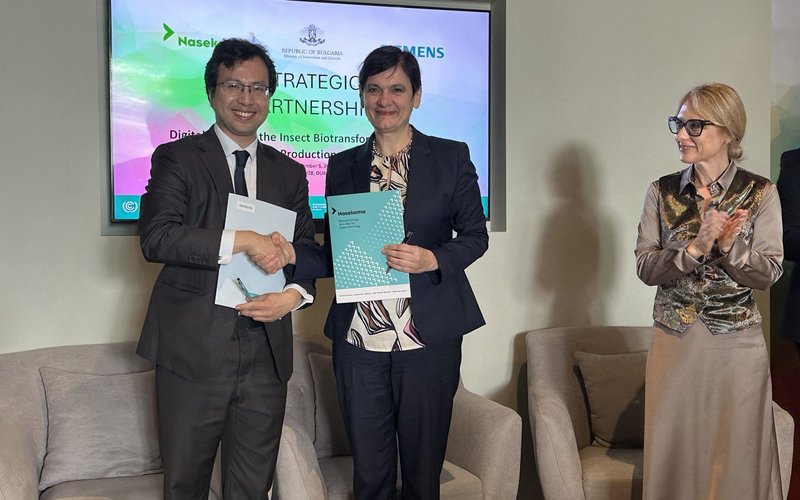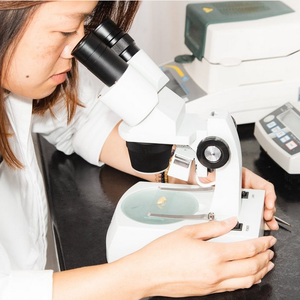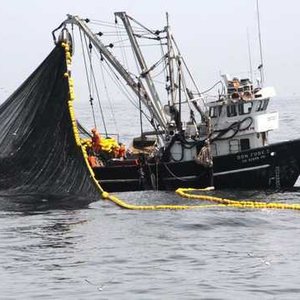Insect producer, Nasekomo, and Siemens Bulgaria, signed an agreement to collaborate on the digitalization of insect farming. The partnership, unveiled during the UN Climate Change Conference COP 28, will serve as the foundation for establishing an intelligent insect industry 4.0, with built-in industrial cyber security to fulfill the growing demand for protein in both quality and quantity. The collaboration aims to expedite the expansion of the insect industry by leveraging digitalization to enhance capacity.
The partnership will bolster Nasekomo's development concept, which envisions a data-driven franchising business model. This involves creating a connected network of factories within European countries initially and eventually expanding globally. The initial phase of the collaboration will focus on establishing a state-of-the-art breeding center to provide a sustainable supply of young insects for the network of bioconversion factories.
"We are at the beginning of the journey, but it is time to lay the groundwork for the execution of our expansion vision. The way to do it is the franchising model, based on data and digital systems to enable it," explained Virak Chhuor.
This concept not only envisions the automation of processes but also the digitalization of all biological and technological operations within the breeding center, achieved through machine learning and the implementation of cutting-edge technologies like digital twins for production and live insect larvae. With Siemens' support, Nasekomo aims to integrate systems and data from up to 200 planned production sites worldwide in the future. This will ensure intelligently managed operations, reliable AI analytics, and sustainable management."
“Each facility within the network is planned to convert 100,000 tons of underutilized organic resources into 10,000 tons of valuable insect products, representing a ten-fold increase in the value of the transformed biomass. The far-reaching impact of our entrepreneurial concept extends beyond economic metrics, as it is projected to counterbalance 100,000 tons of CO2 emissions annually, emphasizing the significant environmental contribution of our transformative approach,” said Maria Alexandrova, head of Innovative Projects and Sustainability, Nasekomo.













